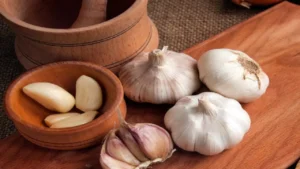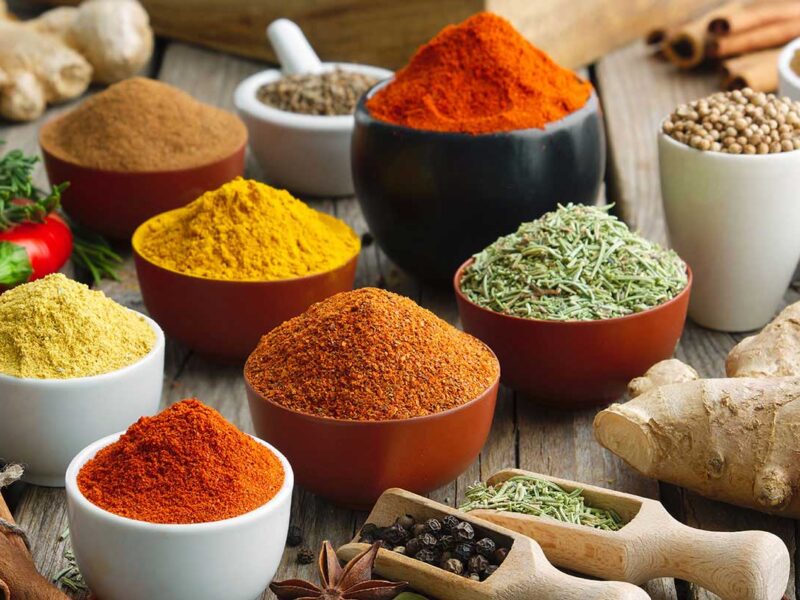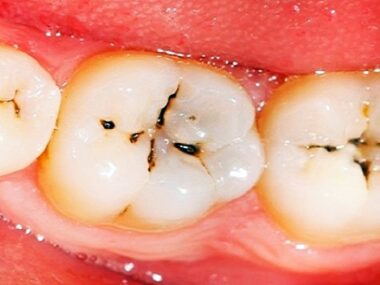Natural remedies have been used for centuries to treat a variety of ailments, long before modern medicine became the norm. With the growing interest in holistic health and wellness, many people are turning back to these time-tested remedies. However, it’s crucial to distinguish between what works, what doesn’t, and what’s backed by scientific evidence. This comprehensive guide will explore various natural remedies for common ailments, highlighting their efficacy and potential drawbacks.

1. Colds and Flu
What Works:
- Echinacea: This herb is widely used to reduce the duration and severity of colds. Some studies suggest that echinacea can boost the immune system, though results are mixed. For best results, it’s recommended to start taking echinacea at the first sign of illness.
- Honey and Lemon: A time-honored remedy for sore throats and coughs, honey and lemon can soothe irritation and provide a natural antibacterial boost. Honey, in particular, has been shown to be effective in reducing cough frequency and severity in children.
- Ginger Tea: Known for its anti-inflammatory and antiviral properties, ginger tea can help ease symptoms of colds and flu. It also has warming properties that can provide comfort and relief from congestion.
What Doesn’t:
- Vitamin C Megadoses: While vitamin C is essential for immune function, megadoses (such as 1000 mg or more) have not been conclusively shown to prevent colds. Regular intake of vitamin C may slightly reduce the duration of a cold but won’t necessarily prevent it.
2. Headaches and Migraines
What Works:
- Peppermint Oil: Applying diluted peppermint oil to the temples and forehead can help relieve tension headaches. The menthol in peppermint oil has a cooling effect that can soothe headache pain.
- Magnesium: Studies have shown that magnesium deficiency is linked to migraines. Supplementing with magnesium can reduce the frequency and severity of migraines, especially in those with a known deficiency.
- Butterbur: This herb has been found to be effective in preventing migraines. However, it’s important to use a purified form of butterbur to avoid potential liver toxicity.
What Doesn’t:
- Homeopathic Remedies: There is little scientific evidence supporting the effectiveness of homeopathic treatments for headaches and migraines. These remedies are often based on the principle of “like cures like” but lack rigorous clinical backing.
3. Digestive Issues
What Works:
- Probiotics: Probiotics are beneficial bacteria that can help balance the gut microbiome. They are effective in treating conditions like irritable bowel syndrome (IBS) and antibiotic-associated diarrhea. Yogurt, kefir, and fermented foods like sauerkraut and kimchi are good sources of probiotics.
- Ginger: Ginger is well-known for its ability to alleviate nausea and vomiting. It’s particularly effective for morning sickness during pregnancy and for motion sickness. Ginger can be consumed in tea, capsules, or even as candied ginger.
- Peppermint Oil: Enteric-coated peppermint oil capsules can help relieve symptoms of IBS, including bloating, gas, and abdominal pain. The menthol in peppermint oil has an antispasmodic effect on the muscles of the digestive tract.
What Doesn’t:
- Apple Cider Vinegar for Acid Reflux: While some people believe that apple cider vinegar can help with acid reflux by balancing stomach acidity, there is no strong scientific evidence to support this. In fact, it may worsen symptoms for some individuals.
4. Skin Conditions
What Works:
- Aloe Vera: Aloe vera gel is effective for treating minor burns, sunburns, and skin irritations. Its anti-inflammatory and moisturizing properties help soothe and heal the skin.
- Tea Tree Oil: This essential oil has antibacterial and antifungal properties, making it effective for treating acne and fungal infections like athlete’s foot. It should be diluted before applying to the skin to prevent irritation.
- Oatmeal Baths: Colloidal oatmeal can relieve itching and irritation from conditions like eczema and psoriasis. It helps to moisturize and soothe the skin, providing relief from dryness and inflammation.
What Doesn’t:
- Coconut Oil for Acne: While coconut oil has antibacterial properties, it is also highly comedogenic, meaning it can clog pores and potentially worsen acne for some people. It is better suited for dry skin conditions where the skin barrier needs extra moisture.
5. Insomnia and Sleep Issues
What Works:
- Melatonin: Melatonin supplements can help regulate sleep-wake cycles, particularly for those experiencing jet lag or shift work sleep disorder. It is most effective when taken 30 minutes to an hour before bedtime.
- Valerian Root: Valerian root has been used for centuries to promote relaxation and improve sleep quality. Some studies suggest it can reduce the time it takes to fall asleep and improve overall sleep quality without causing morning grogginess.
- Chamomile Tea: Chamomile is a natural sedative and can help promote sleep. Drinking chamomile tea before bed can enhance relaxation and make it easier to fall asleep.
What Doesn’t:
- Warm Milk: Although warm milk is a common bedtime remedy, there is little scientific evidence to support its effectiveness in promoting sleep. The belief that it induces sleep likely stems from the comfort and routine associated with drinking warm beverages before bed.
6. Joint Pain and Arthritis
What Works:
- Turmeric (Curcumin): Curcumin, the active compound in turmeric, has potent anti-inflammatory and antioxidant properties. It has been shown to reduce symptoms of arthritis and joint pain, particularly in osteoarthritis.
- Omega-3 Fatty Acids: Found in fish oil supplements, omega-3 fatty acids have anti-inflammatory effects that can help reduce joint pain and stiffness associated with rheumatoid arthritis. Regular intake can lead to significant improvements in symptoms.
- Glucosamine and Chondroitin: These supplements are commonly used for osteoarthritis and can help maintain joint health, reduce pain, and improve function in some individuals. While not everyone responds to these supplements, they can be beneficial for those who do.
What Doesn’t:
- Copper Bracelets: Despite popular belief, there is no scientific evidence that copper bracelets provide any therapeutic benefits for arthritis or joint pain. They do not reduce inflammation or pain and are considered placebo treatments.
7. Menstrual Cramps
What Works:
- Heat Therapy: Applying a heating pad or hot water bottle to the lower abdomen can help relax muscles and reduce menstrual cramps. Heat therapy is a simple and effective way to alleviate pain.
- Magnesium: Magnesium supplements can help reduce the severity of menstrual cramps. Magnesium helps relax the muscles of the uterus, thus reducing pain.
- Ginger: Ginger has anti-inflammatory properties and can help reduce the pain associated with menstrual cramps. Consuming ginger tea or supplements during menstruation can provide relief.
What Doesn’t:
- Evening Primrose Oil: While evening primrose oil is often recommended for menstrual pain, there is limited evidence supporting its effectiveness. Some studies suggest it may help, but results are inconclusive and it may not work for everyone.
Conclusion
Natural remedies can offer effective and gentle ways to manage common ailments. However, it is essential to approach them with a discerning eye, recognizing that not all remedies are supported by scientific evidence. When considering natural treatments, it’s also important to consult with a healthcare provider, especially if you have underlying health conditions or are taking other medications. By combining traditional wisdom with modern science, you can make informed choices about your health and wellness.










